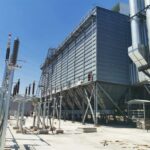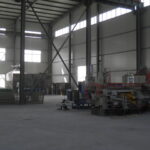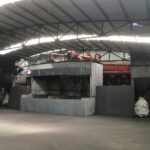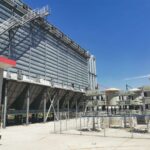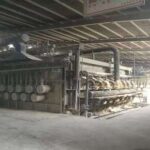Introduction
Silicon-calcium (Si-Ca) alloy is a critical additive in modern metallurgy, particularly in steelmaking and iron processing. Composed primarily of silicon and calcium, this alloy serves as a powerful deoxidizer, desulfurizer, and inoculant, significantly improving the quality and mechanical properties of steel. This article explores its key functions, benefits, and applications in the metallurgical industry.
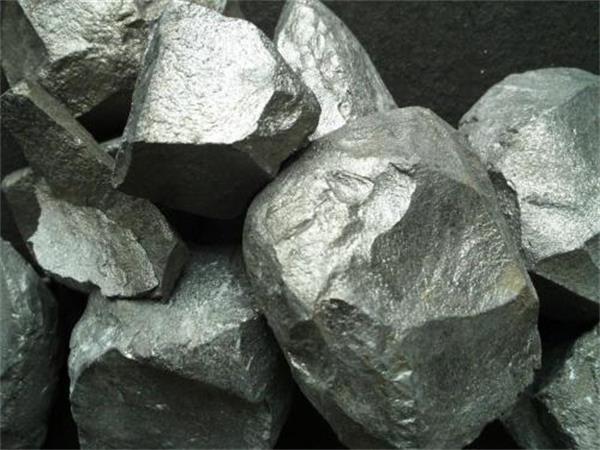
1. Deoxidation: Enhancing Steel Purity
One of the primary roles of silicon-calcium alloy is “deoxidation”. During steelmaking, oxygen dissolved in molten steel can lead to defects such as porosity and weakened mechanical strength. Silicon and calcium exhibit a strong affinity for oxygen, reacting to form stable oxides (SiO₂ and CaO). These oxides float to the slag layer, ensuring cleaner, higher-quality steel with reduced oxygen content.
Compared to single-element deoxidizers (e.g., ferrosilicon or aluminum), Si-Ca alloy offers superior efficiency due to synergistic effects:
– “Silicon” reduces oxygen activity.
– “Calcium” further lowers residual oxygen and modifies oxide inclusions into spherical shapes, improving steel ductility.
2. Desulfurization: Improving Steel Toughness
Sulfur impurities in steel can cause “hot shortness” (cracking during high-temperature processing) and reduce toughness. Silicon-calcium alloy aids in “desulfurization” by reacting with sulfur to form calcium sulfide (CaS), which is removed via slag. This process is especially vital in producing high-grade steels, such as those used in pipelines and automotive components.
3. Inclusion Modification: Optimizing Mechanical Properties
The alloy modifies harmful inclusions (e.g., alumina, Al₂O₃) by converting them into softer, globular calcium aluminates. This transformation:
– Reduces stress concentrations in steel.
– Enhances machinability and fatigue resistance.
– Minimizes nozzle clogging in continuous casting.
4. Other Benefits
– “Graphitization”: In cast iron production, Si-Ca promotes graphite formation, improving castability and reducing shrinkage.
– “Cost Efficiency”: Combined deoxidation and desulfurization lower processing time and material costs.
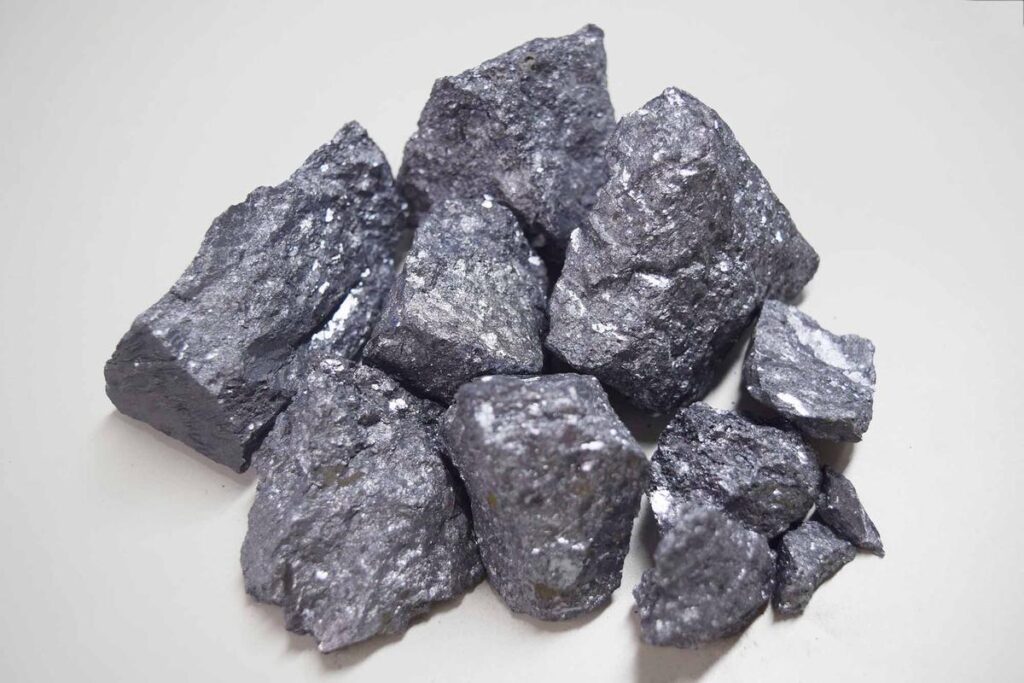
Conclusion
Silicon-calcium alloy is indispensable in steelmaking for its multifunctional roles in deoxidation, desulfurization, and inclusion control. By enhancing steel purity, toughness, and process efficiency, it supports the production of high-performance alloys for industries ranging from construction to aerospace. As steel quality standards tighten, the demand for Si-Ca alloy is expected to grow further.

